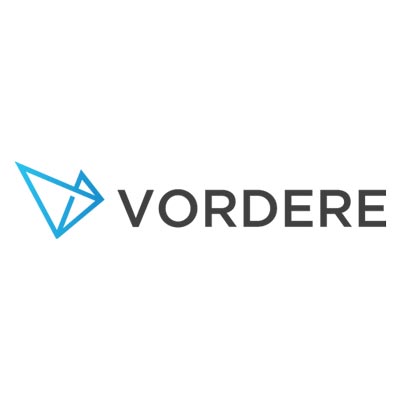Vordere (LON:VOR) Chief Executive Officer Nicholas Hofgren caught up with DirectorsTalk for an exclusive interview to discuss their latest acquisition in Brazil, the background behind next week’s GM, advice to shareholders and their growth strategy going forward.
Q1: We’ve seen an announcement today with regards to an acquisition in Brazil, what can you tell us about that?
A1: Yes, we’re very excited about this, we’ve been negotiating since March 2018 with a development group in Brazil. Brazil has a lot of news in the media and appears to be in a tough point in their financial cycle, we’ve acquired properties which we believe have an opportunity to create outsized returns for the company as that market improves.
Historically, emerging markets perform better in a cyclical downturn than the development markets so our expectation is as Brazil’s economy improves, we will sell into a rising market.
We expect to use this a first step in a series of steps we are taking to improve the balance sheet of the company. These include acquisitions in other parts of the world where we are acquiring assets that have income and those can be used to apply to our operations cost which we have kept at a bare minimum for many years and continue to keep at a bare minimum.
Q2: What can you tell us about the background behind the General Meeting taking place next week?
A2: Well, sadly we have acquired assets from a distressed vendor who’s been very much in the news recently for having borrowed significant amounts of money against undeveloped properties with high interest rates.
The BBC reports these interest rates maybe as high as 15% and they suggest significant introducer fees were paid, if, for instance, somebody paid an introducer fee of 20% and that interest rate was 15%, it would take a couple of years to simply get the investment back to 0, to its original principal investment.
Therefore, when we started the company, our approach was to take the inverse strategy which was to have no debt, to acquire assets using shares to build a successful company that allows us to go out and provide the best returns possible.
The vendor in Germany, as I said, has been in the news quite a bit and appears to have done perhaps borrowed too much, we can’t say what they’ve done but we are avoiding that strategy. Because we bought properties from them, they and their affiliates are seeking to takeover Vordere such that they can then, probably, run Vordere very much the way the vendor ran their business which we don’t think is in the best interest of shareholders.
Q3: So, what advice do you give to shareholders ahead of the AGM?
A3: I think the advice would be to look at the vendor, they’re called Dolphin and understand how they’ve built their business and decide whether that’s a business model that shareholders want to follow or whether they want to look at a business where we’ve managed to build a portfolio of £84 million with no debt.
We expect, according to our business plan, to work to a total asset value of £250 million before the end of 2020, or thereabouts, and acquire certain assets with income. Those assets that we’ve already identified and are currently negotiating will exceed €30 million and typically, they have government agencies or super multi-national corporations as their leasers on long leases.
This will provide us ample income to manage our business going forward and build that business so that we can achieve a +£250 million valuation on the NAV basis and be in a position where we become an acquirer of other companies that are in distress.
Q4: Talking about the business going forward, what is the growth strategy looking forward for Vordere?
A4: Our growth strategy has been to buy assets in a low volatility arena which is Germany and then buy assets in high volatility where we’re buying at the bottom of the market and we can enjoy the rise-up.
A bad example might be Ireland, if you had bought at the peak of the market in 2007 you may have found that your properties are only worth 30% a few years later, had you held on to that property, today it may be back up to 100%.
So, you understand that there’s this giant U-shaped development in volatile property markets and our intention is to buy in the bottom of the volatile markets allowing ourselves to appreciate with the market and where we have assets in Germany, we plan to develop those for the next natural owner.





































